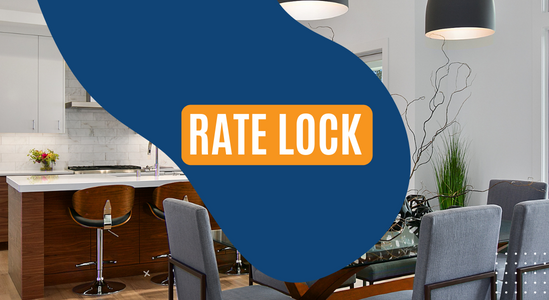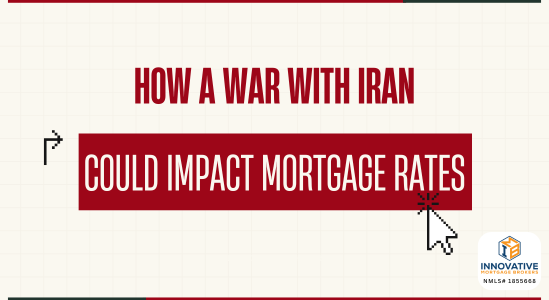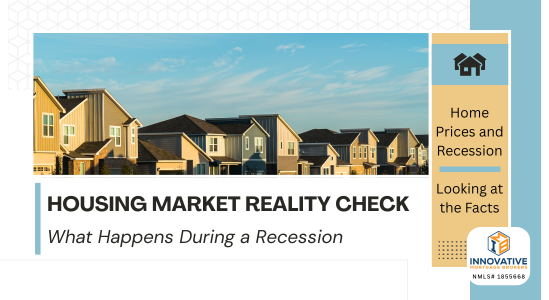As tensions between the United States and Iran continue to escalate, many prospective homebuyers and…
Mortgage Rate Lock – What if Rates Increase or Decrease
You must lock in your mortgage rate before closing your loan. But it’s a gamble. What if rates fall? They could also increase.
While you’re locked into your rate no matter what happens, there are ways to take advantage of lower rates if the difference warrants it.
What is a Mortgage Rate Lock?
A mortgage rate lock is a binding contract between you and the lender for your chosen rate. It’s a requirement before you can close on your loan and can be done immediately or right before closing, but most lenders require it completed within at least five days of the closing.
When you lock in a mortgage rate, that’s the rate lenders use to calculate your monthly payment and prepare your closing documents.
How Long Does It Last?
A mortgage rate lock typically lasts 30 days, but some lenders offer them as long as 60 or 90 days. The longer the rate lock, the higher the overall cost.
What if Mortgage Rates Increase?
When you have a locked rate, nothing changes while you have the rate. So if interest rates change, you aren’t affected. This includes if they increase.
You’re in a good position if rates go up and you have a locked rate. That’s why staying in touch with your loan officer and understanding what experts predict rates will do is important. Then, lock your rate in when it’s at a number you’re comfortable with, creating a payment you can afford.
When interest rates are increasing, staying on your set closing schedule is important, especially if your lock expiration is near the closing date. Of course, it’s best to give yourself at least a few day cushion, but if you didn’t, stay on course as best as possible.
What if Mortgage Rates Decrease?
However, if mortgage rates decrease, you’re in a worse position. You’ve locked in a higher rate, and now rates fell.
Now what?
Float Down
If you’re concerned about interest rates falling after you lock in your interest rate, don’t worry. Some lenders offer float-downs, this allows you to possibly lower your rate for a small fee if rates fall before you close.
What if your Mortgage Rate Lock Expires?
You have a couple of options if you can’t close your loan by the time the rate lock expires.
Pay for an Extension
A fee may be associated with extending the locked rate. If rates increase, though, it’s in your favor to pay the fee and keep your rate.
Final Thoughts
Locking your mortgage rate is the key to successfully closing your mortgage. Everyone must lock their rate before closing but give it careful consideration.
While you must lock a rate at least five days before closing, there’s no rush when you still have time. However, consider the rates carefully because once you’re locked, that’s it unless you want to pay additional fees.
The ideal situation is to lock your rate and close it as-is. This creates the least amount of stress and ensures you’ll meet your contractual obligations when buying a home. Speak with your loan officer to figure out the best time to lock for you.





